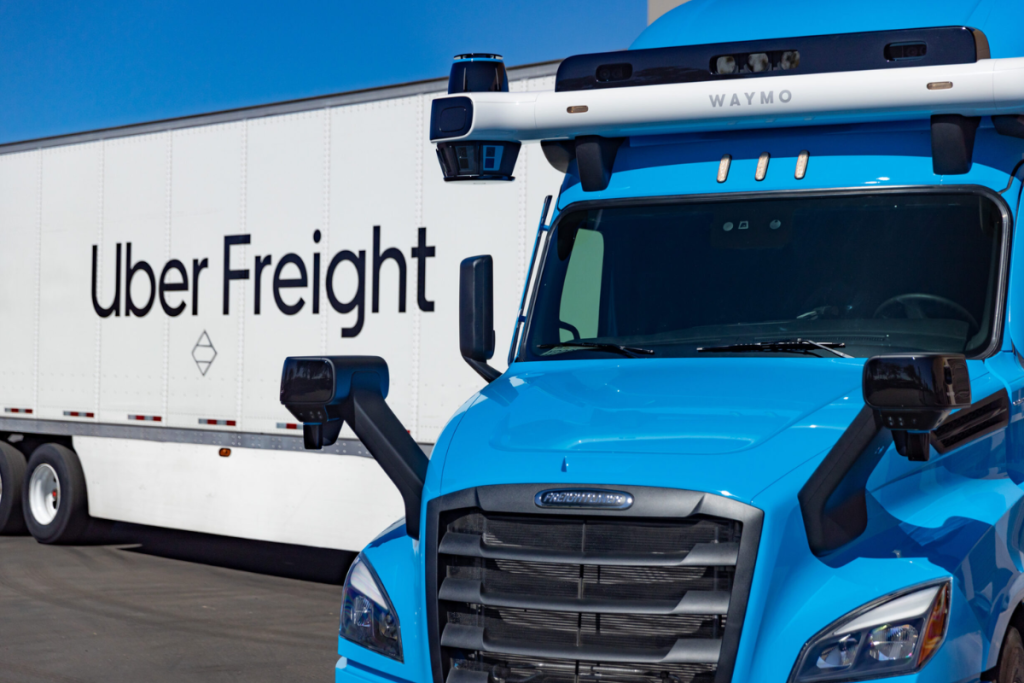Uber Freight has unveiled a major AI enhancement to its transportation management system (TMS), positioning the platform as more than just a scheduling or visibility tool. At the heart of the upgrade is “Insights AI,” a generative AI layer that delivers real-time recommendations to help shippers proactively navigate disruptions, reduce costs, and streamline execution across their logistics networks.
TMS Gets an Intelligence Upgrade
The latest rollout introduces over 30 AI agents, each focused on a specific function in the shipment lifecycle, from procurement and tendering to payment reconciliation. These agents are designed not merely to automate isolated tasks, but to orchestrate workflows, escalate exceptions, and trigger process improvements without manual intervention.
Importantly, Uber Freight isn’t treating AI as a bolt-on. By embedding these tools directly into its TMS and logistics platform, the company is aiming to make predictive and prescriptive intelligence a native part of daily operations. That includes automated procurement strategies, proactive alerts on routing delays, and real-time margin visibility for transportation planners.
From Human-Heavy to Machine-Assisted Execution
Uber Freight’s Chief Product Officer Raj Subbiah described the effort as a response to the unique demands of logistics, which remains one of the most fragmented, event-driven, and data-intensive enterprise functions. “We built a domain-specific model that thinks like a logistics expert,” he said in an official statement. “That foundation enables us to proactively and continuously optimize our customers’ networks.”
For logistics teams under pressure to do more with less, this evolution may prove timely. The promise isn’t just faster execution, it’s more intelligent execution. AI agents free up human bandwidth to focus on high-value exceptions and strategic choices, while improving accuracy on repeatable, volume-heavy processes.
By the end of 2025, Uber Freight says it will expand the system’s AI footprint even further, moving toward what it calls a “real-time logistics command center.” While that vision remains aspirational, the current shift is already notable: AI is no longer sitting on the sidelines as an analytics dashboard. It’s being operationalized within the core of logistics platforms.
Embedded Intelligence, Not Add-On Innovation
Uber Freight’s shift to embedded AI agents reflects a practical rethinking of how logistics systems should operate, less as passive repositories, more as active participants in execution. The emphasis on domain-specific models and integrated decision support marks a step toward systems that can scale with operational complexity rather than add to it. For logistics leaders, the next phase will be defined by platforms that support real-time decision-making and are fully integrated into daily operations.







